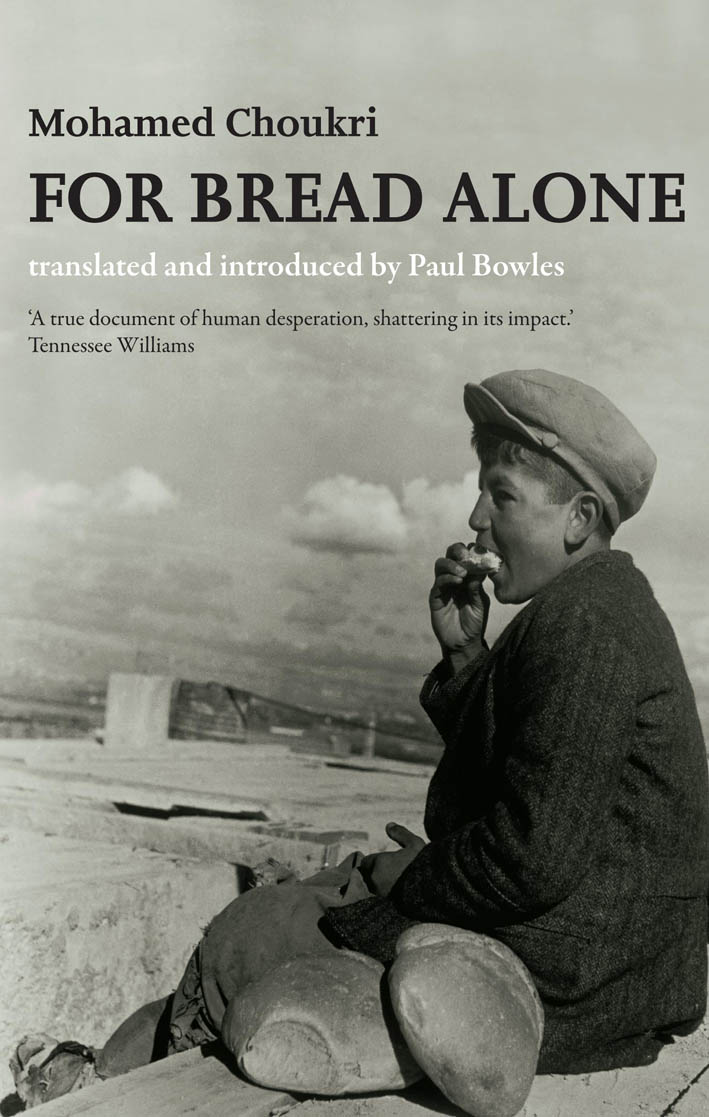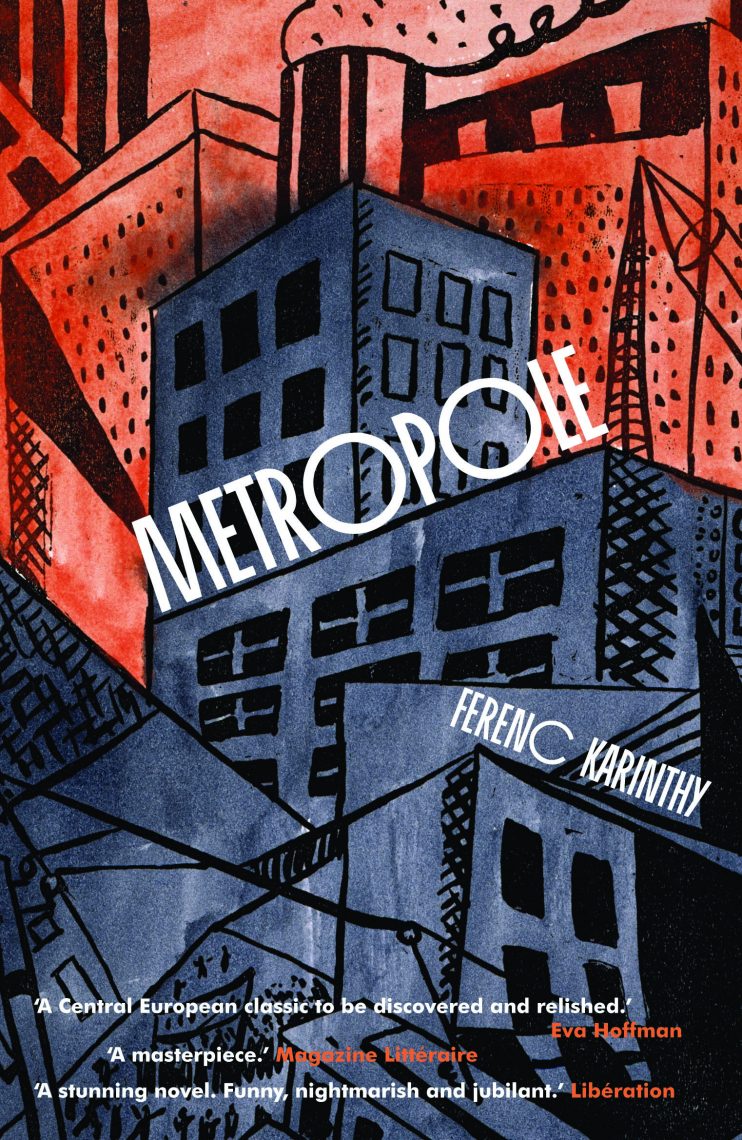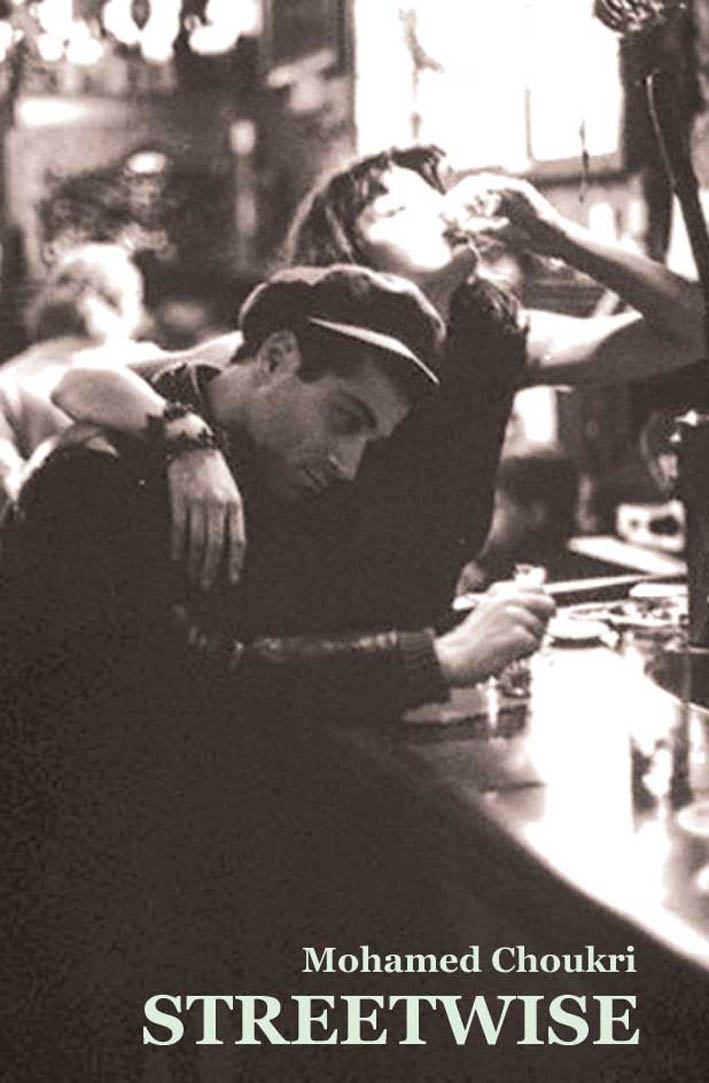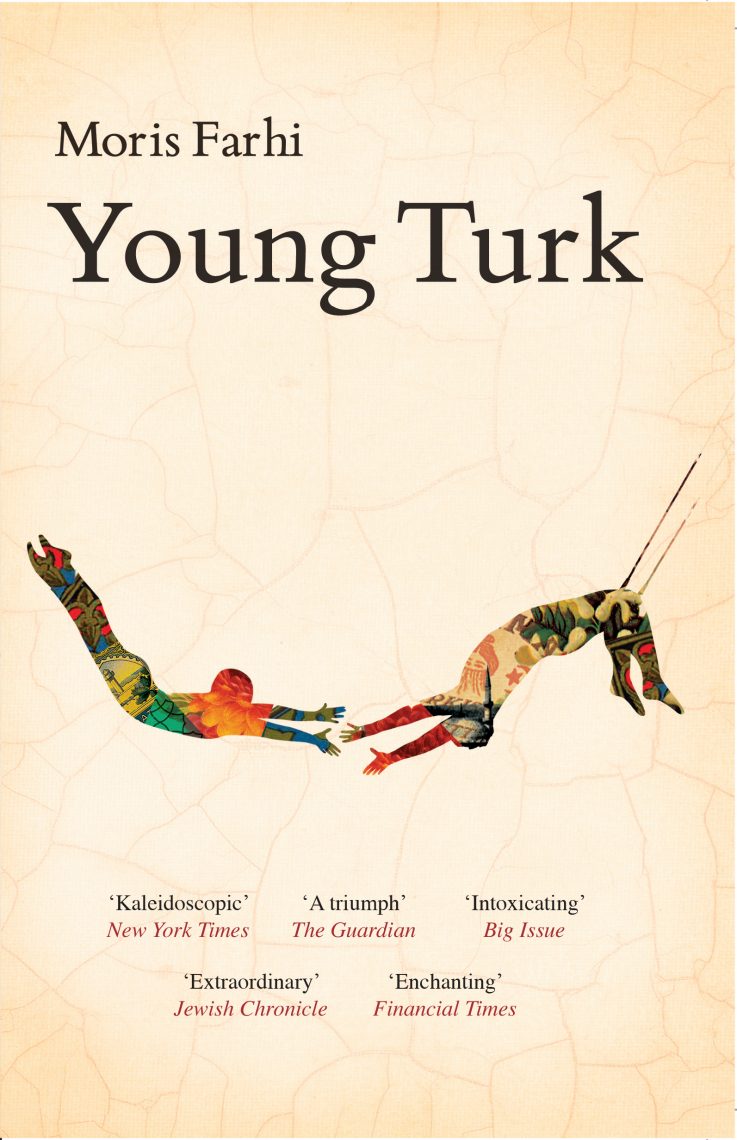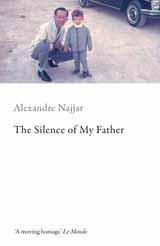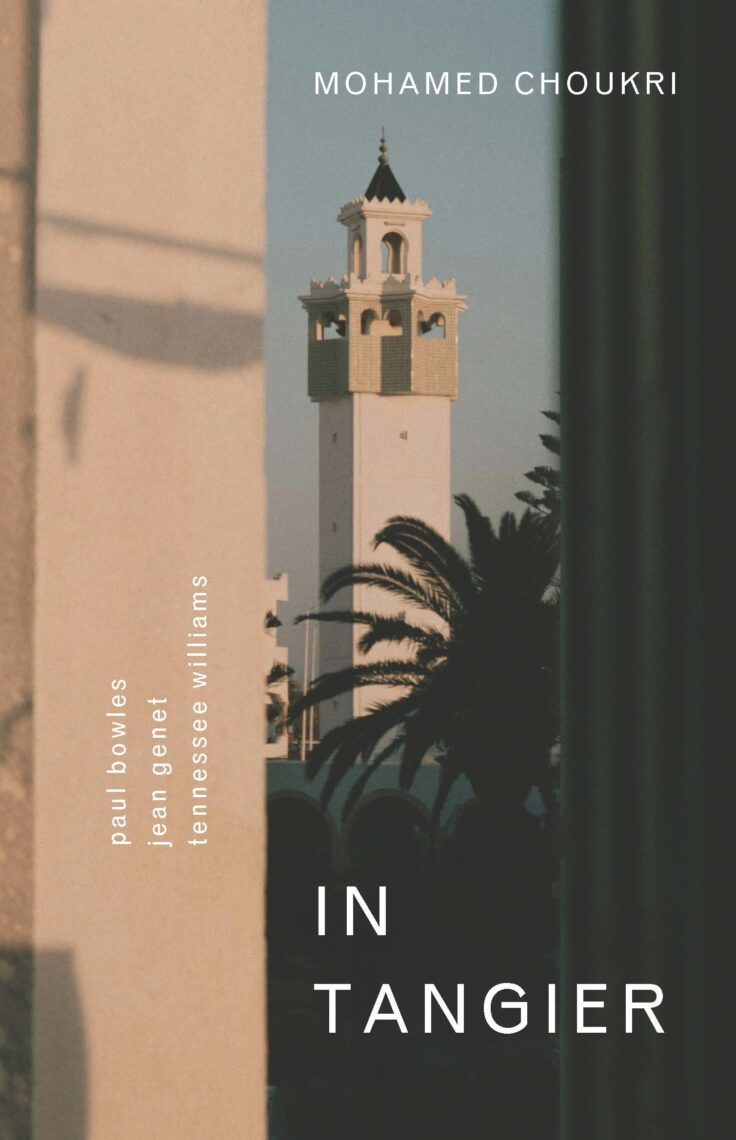
In Tangier
Mohamed Choukri
Translated by Paul Bowles
About the Book
For much of the twentieth century, Tangier stood at a crossroads of cultures, creativity and chaos. Its labyrinthine streets and vivid contradictions attracted adventurers and artists, forming the backdrop of an era of literary and cultural revolution. At its heart was Mohamed Choukri, a self-taught writer whose life epitomised resilience and transformation, rising from illiteracy and hardship to become one of Morocco’s most celebrated voices.
In Tangier captures Choukri’s memories of the city and his encounters with luminaries Paul Bowles, Jean Genet and Tennessee Williams, whose lives intertwined with his own. Against the evocative backdrop of 1970s Tangier, Choukri offers readers a glimpse into the complex personalities of these iconic figures while painting a portrait of a city teetering between past and present.
A mesmerising blend of memoir and cultural history, In Tangier celebrates the spirit of a city and its indelible mark on literary history.
About the Author
Mohamed Choukri is one of North Africa's most controversial and widely read authors. At the age of twenty he decided to learn to read and write classical Arabic. He went on to become a teacher and writer, finally being awarded the chair of Arabic Literature at Ibn Batuta College in Tangier.
About the Translator
Born in New York in 1910, Paul Bowles is considered one of the most remarkable American authors of the twentieth century. He studied music with composer Aaron Copland before moving to Tangier, Morocco, with his wife, Jane. His first novel, The Sheltering Sky, was a bestseller in the 1950s and was made into a film by Bernardo Bertolucci in 1990. Bowles's prolific career included many musical compositions, novels, collections of short stories, and books of travel, poetry, and translations. His novels include The Spider's Nest, Up Above The World, and Let It Come Down.
Reviews
‘A rare clarity of vision.’ William Burroughs
‘A marvellous book’ Christopher Isherwood
‘Gently humorous and discreet with a reticent sympathy implicit.’ Tennessee Williams
‘Choukri's irrepressible, ultimately indomitable spirit is most touching and human.' The Independent
'It exemplifies Choukri's writing at its best, condensing the grand narratives of a city, a country and an entire cultural milieu undergoing dramatic change into a charming account of a literary encounter.' Kaelen Wilson-Goldie, The National
‘Choukri is one of Morocco's most revered figures … To have his words translated is to have the privilege to view the inner world of his intellect and the obscured landscapes of Tangier.’ Noshin Bokth, The New Arab
